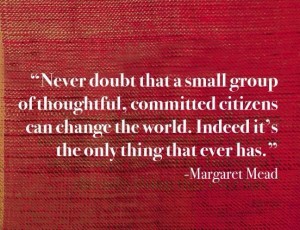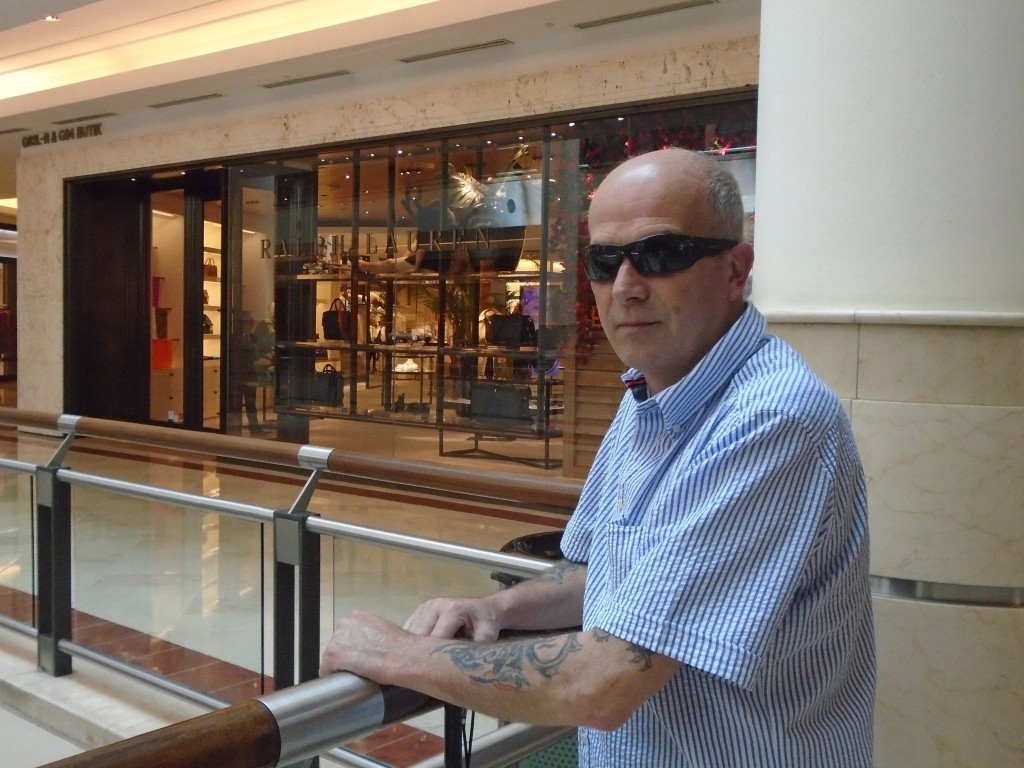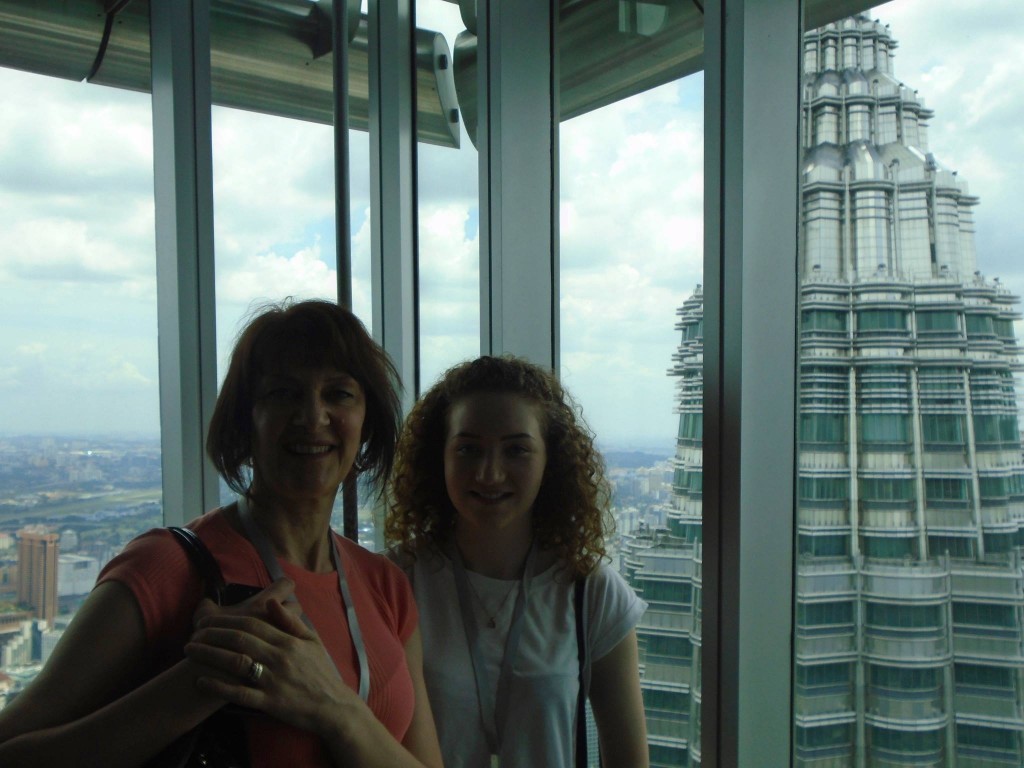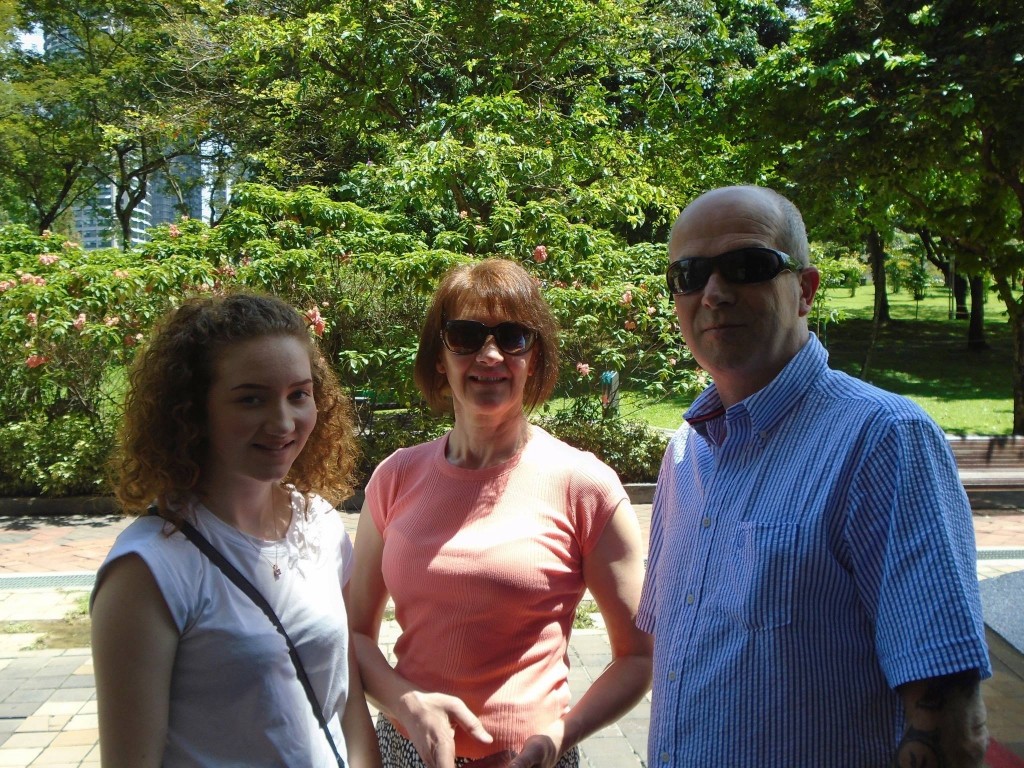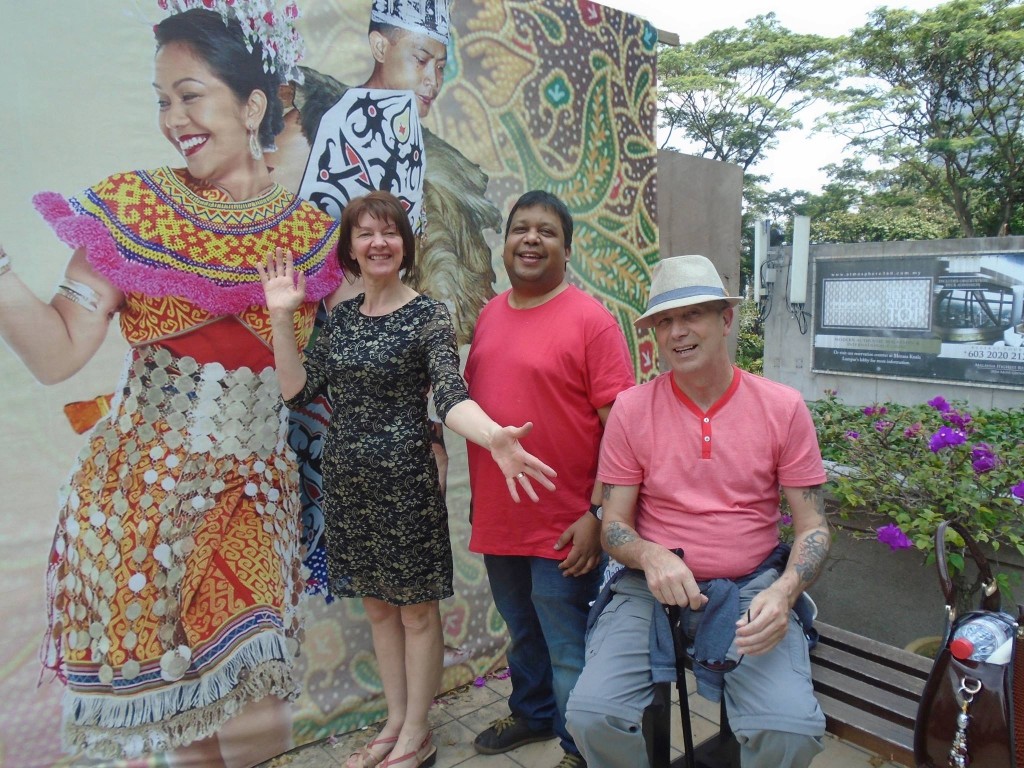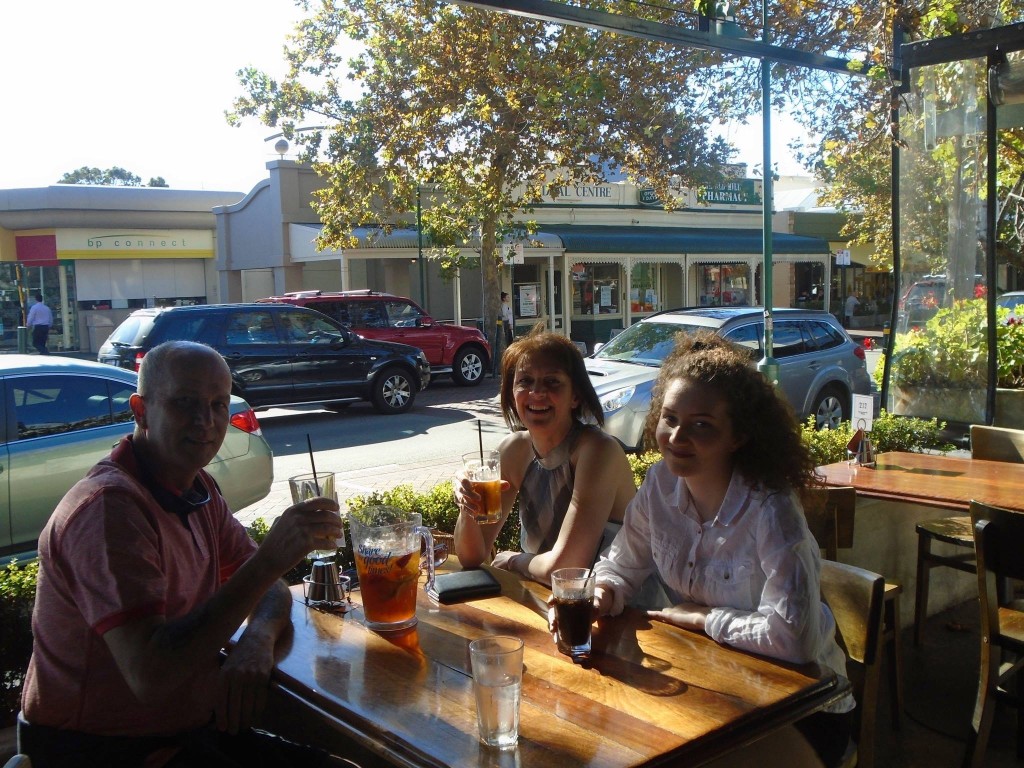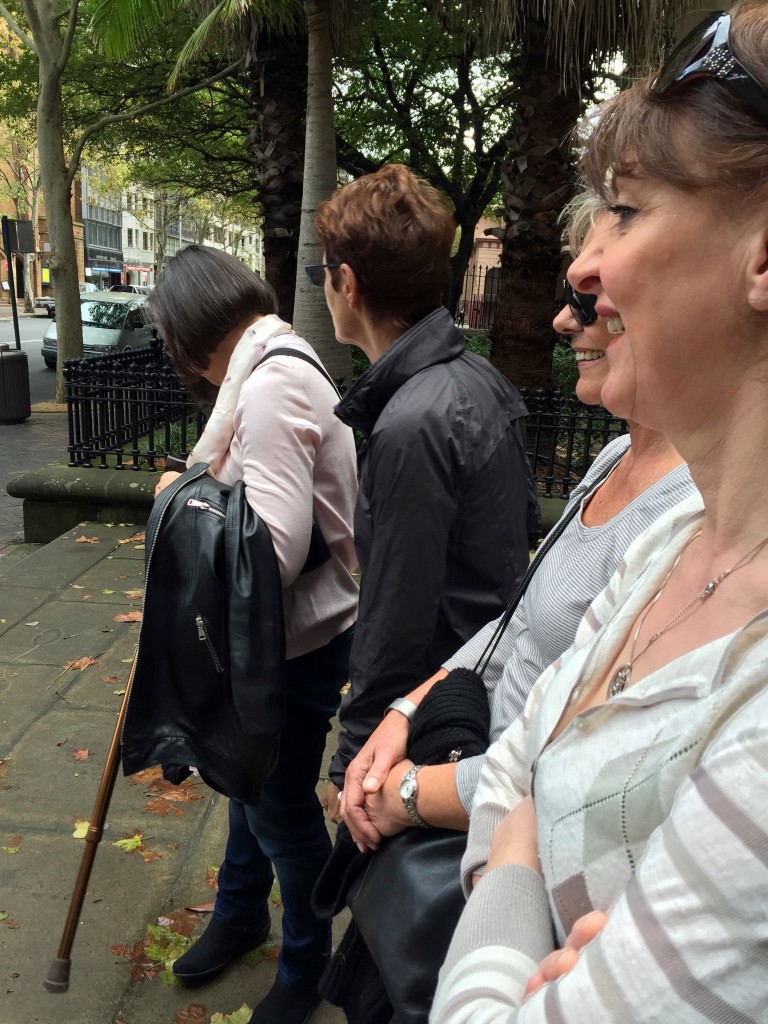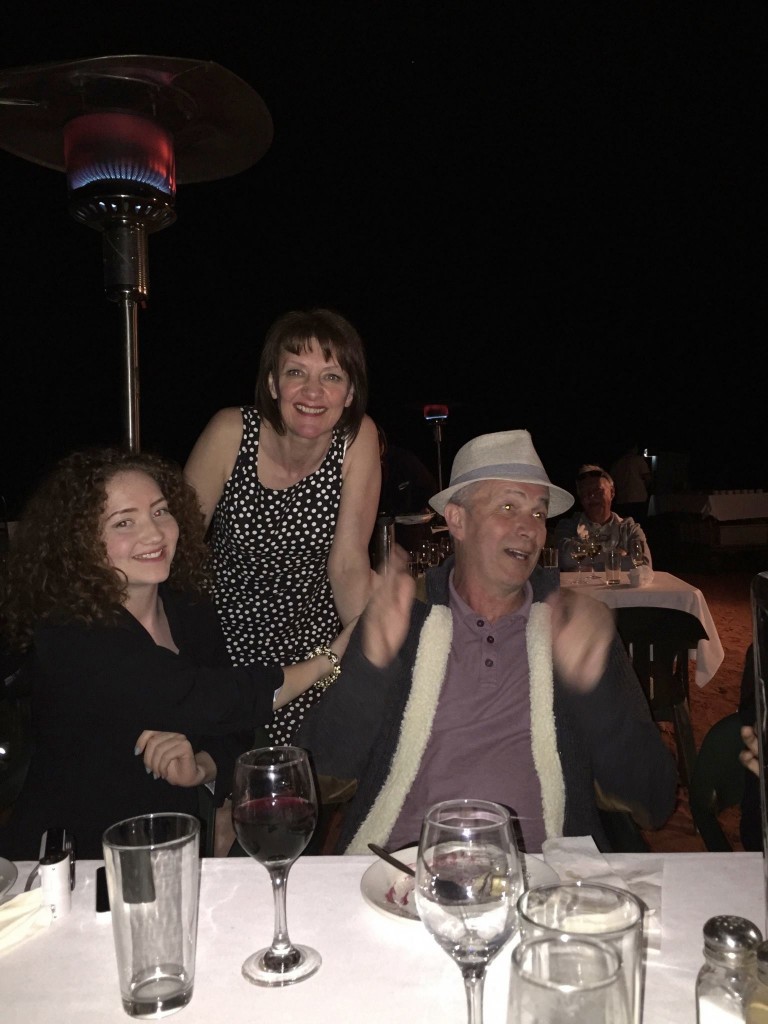It always amazes me that somebody who has proven himself at the education portfolio can either be sacked or transferred across to health and social care in a cabinet reshuffle.
I sit on various committees in my identity as a “dementia carer”. It is a rôle which gives me insight into the operations of various services. I was indeed not longlisted once for a carers’ committee on grounds of me simultaneously being a physician, which I believe to be stupidity of the highest order.
It makes sense to frame services as having a common infrastructure into which most health issues can be slotted, or most conditions might be viewed.
For example, ‘wellbeing’ is sufficiently broad a subject, that nobody essentially can object to ‘maintaining wellbeing’ or ‘promoting resilience’ as concepts.
But I feel that this is part of a long-maintained approach to the de-professionalism of medicine and care. I am not invoking a dismissal of the “lived experience” in some hyper-trendy anti-wokery mission.
Rather, I feel that ‘caring for the carer’ has become a project to be managed, rather than a skill to be mastered.
I see this all the time, with the misappropriation of generic and general tools to specific scenarios. For example, there is a popular fashion to take to a lived experience through the recovery or survivorship prism. But how many patients with dementia ‘survive’ dementia?
I’ll tell you – those people who never had dementia in the first place, for example who were misdiagnosed in a corporate dementia drive to hit targets. Maybe they live well with functional neurological disorders, rather.
But this project to be managed has spawned an industry of itself, with carers cum pseudo-lecturers. This is all very convenient in cost-cutting measures, and the general antipathy towards experts.
Or giving people who ‘care for the carers’ something to do, like experimenting making a carer passport on the latest version of Adobe Creative Cloud. Or writing a millionth paper based on the ‘carer experience’ to promote your research career.
Not really useful to me. I don’t need a social enterprise to make a playlist for us and to sell me a mp4 player with markup. I am perfectly capable of plugging in YouTube into a TV set with a HDMI cable to produce ‘reminiscence’ memories. Call it “frugal innovation” in your world?
This is my version of social prescribing. Likewise WhatsApp-ing close friends of mine is what you in your wonk world call “peer support”?
I’m done with the technocratisation of care.
I feel that the biggest threats to my carer experience, as an unpaid family carer, are burnout to colleagues including paid domiciliary carers.
I had recently an awful experience with my local ambulance service, where the paramedics refused to examine someone properly after a fall on account of the person I cared for being ‘agitated’ – not surprising as she was in pain, not properly managed for that, and she has advanced dementia. But we could have been some of the unlucky ones. The service is struggling.
But there are pockets of absolute brilliance in the NHS.
My GP dropped everything and did a home visit. And whilst he did so, he checked whether I was OK.
Caring for the carer is not a project to be managed. Being a disabled carer, I don’t want an uphill walk in a local part of London. Nor do I want to be lectured at on Zoom for the umpteenth time.
I want services to be properly funded, responsive and doing the basics well – for example, like picking up the phone when you’ve rung about an urgent rota gap endlessly.









